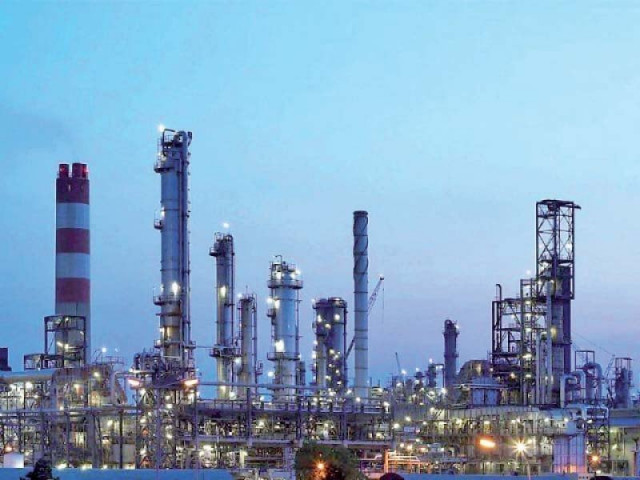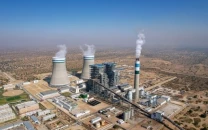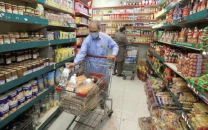Attock Refinery closes one plant for lack of demand
Official says OMCs' reluctance to lift oil may also lead to gas crisis

In a product review meeting held on March 11, which was also attended by the director general oil, the issue of lifting of petroleum products was discussed. PHOTO: FILE
ARL operates on locally produced crude oil and its plant shutdown may lead to a gas crisis as it will reduce crude oil purchases from oil and gas exploration and production companies. The refinery management has also warned of a gas crisis if it is closed.
Oil traders are making money through higher imports at the cost of local refineries that are set to face inventory losses due to a sharp decline in global crude oil prices following the eruption of a price war between Russia and Saudi Arabia.
Earlier, the PRL management warned the Petroleum Division that the refinery was surviving on an hour-to-hour basis and the refusal of OMCs, which were not buying local petroleum products and depending on imported fuel, may lead to the closure of the plant.
Attock Refinery reports loss of Rs2.67b in Oct-Dec 2018
It is interesting that as the country faces pressure on its foreign exchange reserves from time to time, oil importers always get dollars to pay for purchases.
Sources told The Express Tribune that ARL Chief Executive Officer Adil Khattak wrote a letter on Friday to the Petroleum Division secretary, seeking his immediate intervention.
"HSD (high-speed diesel) offtake from ARL has been drastically reduced by the OMCs for the last few days, resulting in accumulation of high stocks with very limited ullage. As of today, we are carrying 14,000 tons of HSD stock with remaining ullage of hardly one day," Khattak said.
"It is reiterated that ARL being located in a deficit area, the movement of product in the ARL-fed area should only be allowed to the extent of deficit product and local product must be prioritised for lifting by the OMCs as per government policy," the letter added.
"We may add that last month the ARL product was also not lifted by different OMCs and was understood that the imported product went freely into ARL-fed areas, thus causing serious ullage problems for the refinery," he said, adding that in order to manage the critically high HSD stock, the refinery was shutting down one of its crude distillation unit of 5,000 barrels per day on Friday.
"We wish to inform you that in case of OMCs' failure to lift the product from ARL, we shall be left with no other option but to further reduce the refinery throughput and if the situation persists, ultimately the refinery may be shut down.
"This shall not only impact petroleum product supplies, especially motor gasoline, kerosene oil, JP-1 and JP-8 in the ARL-fed area, but will also impact associated gas supplies from E&P companies due to restriction/stopping of crude receipts from them, leading to serious implications for all concerned," he warned.
In a product review meeting held on March 11, which was also attended by the director-general oil, the issue of lifting of petroleum products was discussed. The DG oil supported the view of refineries that locally produced products should be prioritised in line with the policy.
Furnace oil glut dents profits of refineries
"I suspect there is a strong import mafia working against the national interest and wants to shut down refineries," Khattak told The Express Tribune.
Earlier, on the issue of OMCs not lifting locally produced petroleum products, a Pakistan State Oil (PSO) spokesperson said the OMC was the largest buyer from refineries in Pakistan, adding that the company had increased local purchases from approximately 30% a few years ago to 42% in the current year. "PSO imports have been reduced accordingly," the spokesperson said.
"It is also important to note that the company's local purchases of petroleum products are always in accordance with the allocation made in the monthly product review meeting of the Ministry of Energy (Petroleum Division)."
Published in The Express Tribune, March 14th, 2020.
Like Business on Facebook, follow @TribuneBiz on Twitter to stay informed and join in the conversation.



















COMMENTS
Comments are moderated and generally will be posted if they are on-topic and not abusive.
For more information, please see our Comments FAQ